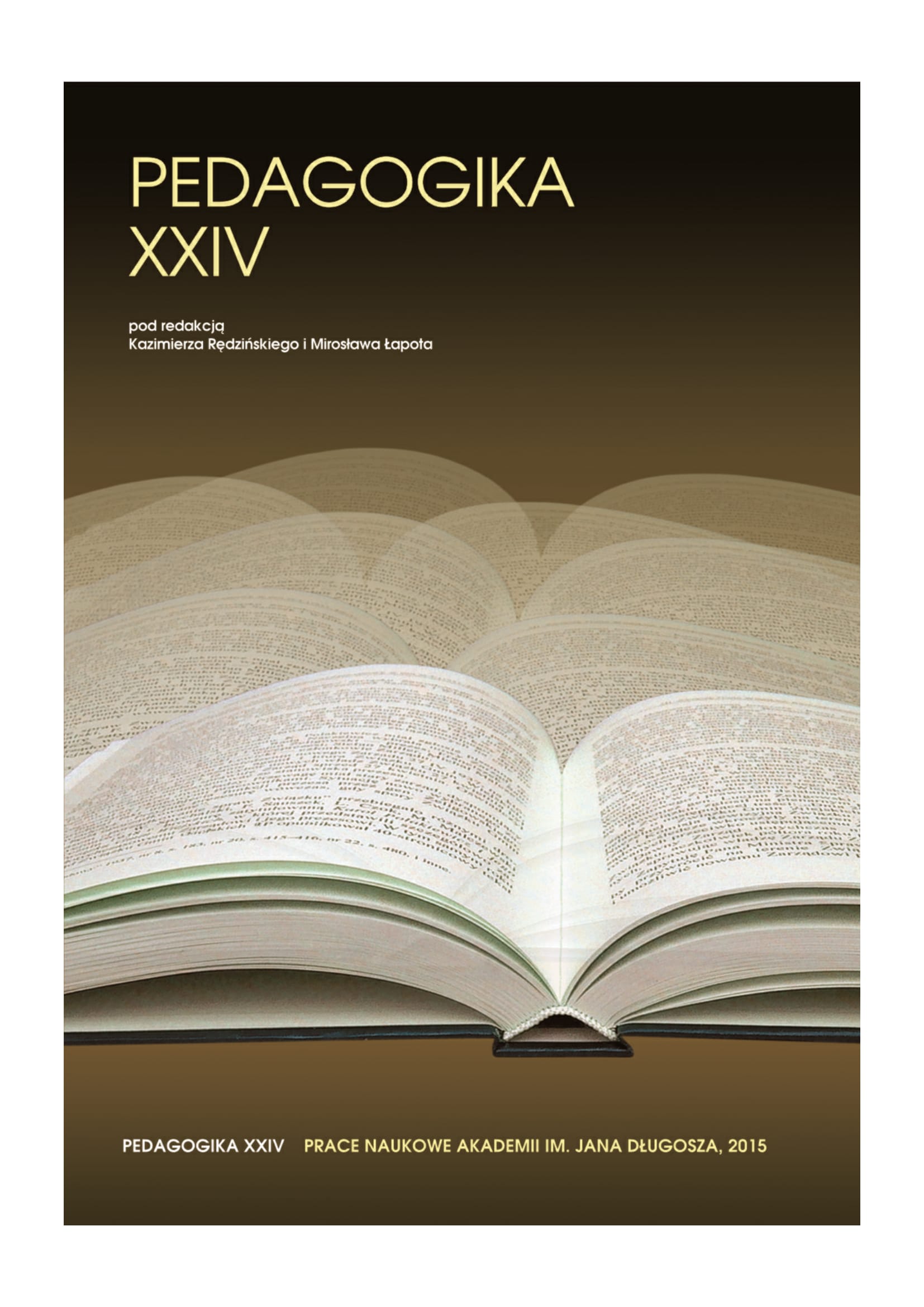Сучaсні “Головці” у сфері вищої освіти: тенденції, роль та стратегії взаємовпливу
The New Providers of Higher Education: Trends, Roles, and Strategies of Mutual Influence
Author(s): Julіja ZajačukSubject(s): Social Sciences, Education, Higher Education
Published by: Uniwersytet Jana Długosza w Częstochowie
Keywords: providers of higher education; European higher education reforms; restructuring of higher education; internationalization of higher education; mobility; academic freedom; educational management
Summary/Abstract: This paper presents an analysis of issues of contemporary processes related to higher education reformin Europe. It also reveals how the most influential global trends and coordinating forces inhigher education, as well as trends in actual European higher education reforms, act as an instrumentof European integration and globalization. The paper is based on results obtained in theframework of Erasmus Mundus post-doctoral mobility program in Humboldt University in Berlin,Germany, and the University of Turku, Finland.The paper reveals that a market of higher education services has been established as an instrumentof change and in this context the traditional providers of educational services and the “newproviders” compete for or complement the supply. It examines some trends concerning the emergenceof new actors and providers of higher education as possible indicators of the direction ofhigher education in the immediate future. These trends are: a model of entrepreneurial higher educationand corporate universities; “virtual” universities and on-line courses; a certification systemof competence in computer technology. This article also considers both purposes of the Bologna reform, namely the restructuring ofhigher education and internationalization of higher education and mobility. The two separate aimsof the latter include Intercontinental mobility and Intra-European mobility. The article also paysparticular attention to the changed conditions and challenges of the reforms underwent by the academicprofession in European countries.Special emphasis is also placed on reforms in educational management and governance as importantfor further development of the higher education system and a “silent” revolution in highereducation. The article describes the influence of the most important coordination forces in highereducation, such as the state, academic communities, market structures, and University management.It also notes four key factors that have transformed the management and governance structure:(i) the main criteria for recognition of academic performance and achievements are changed;(ii) a new type of governing within the institutions between top university management, facultylevel, and individual professors appeared; (iii) special accreditation institutions for assessment andaccreditation of new courses and new Bachelors and Masters programs have been established.
Journal: Pedagogika. Studia i Rozprawy
- Issue Year: 2015
- Issue No: 24
- Page Range: 147-157
- Page Count: 11
- Language: Ukrainian

